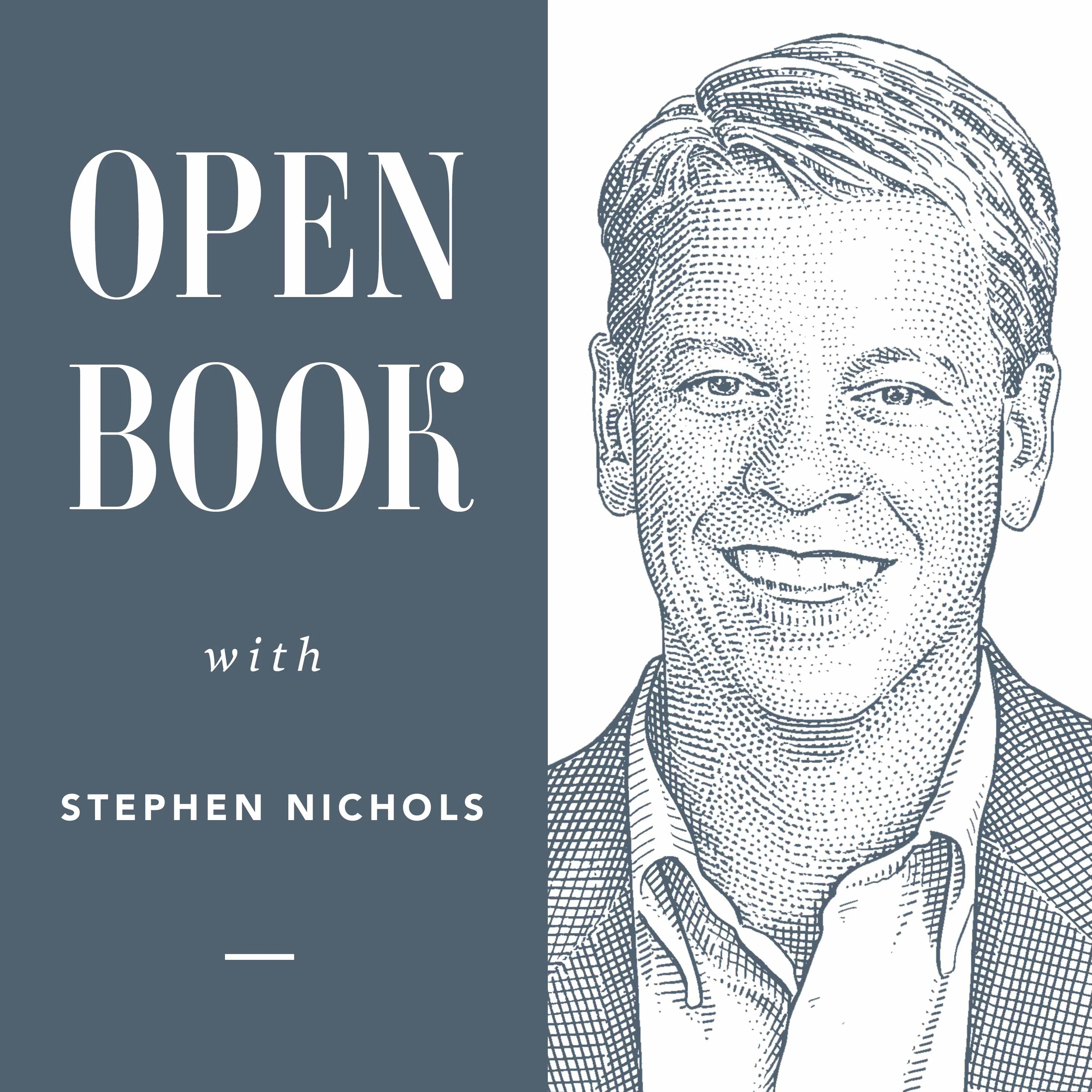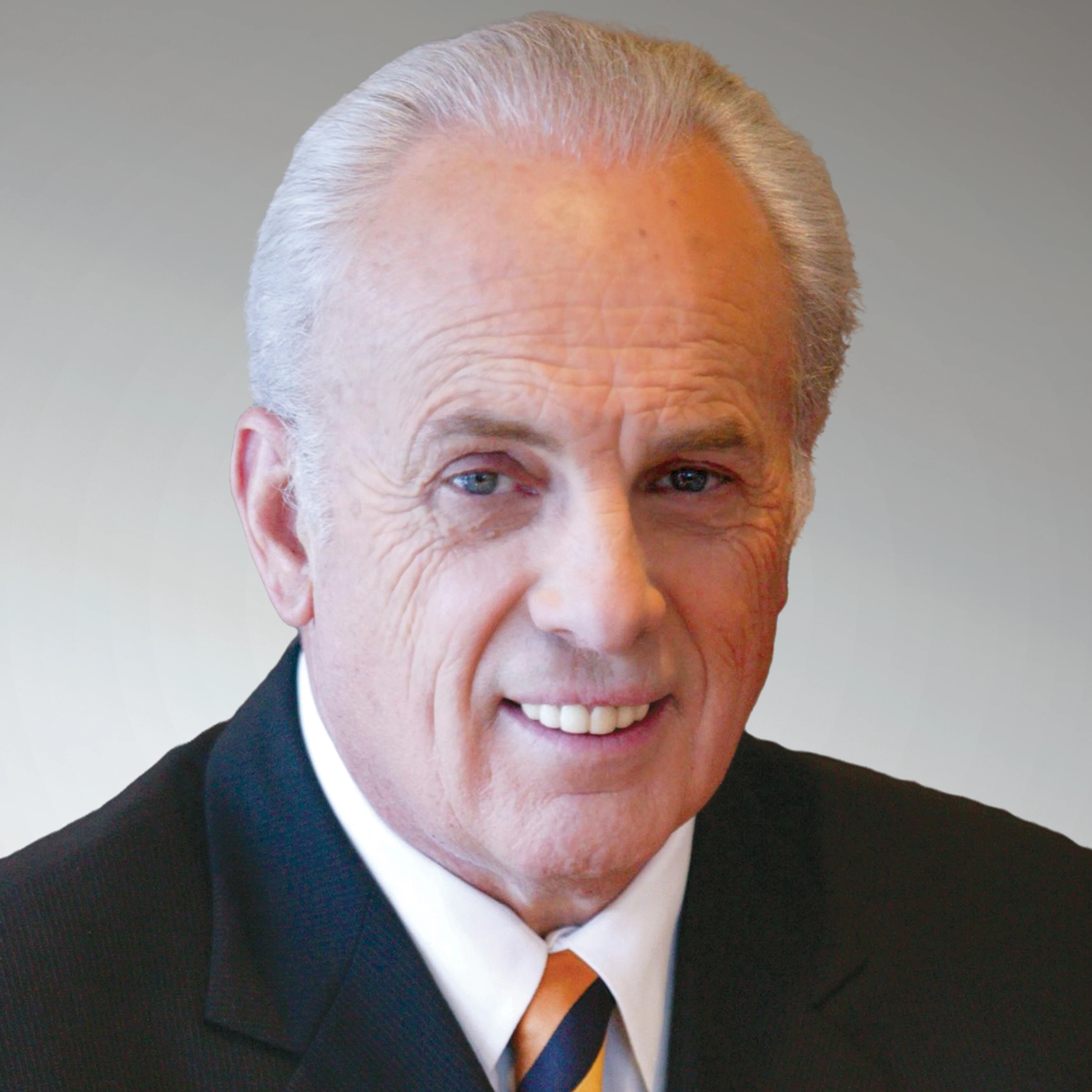John MacArthur and Stott’s The Preacher's Portrait

On this episode of Open Book, Stephen Nichols asks John MacArthur to share his favorite word to describe a preacher.
STEPHEN NICHOLS: We're continuing to make our way through books that have influenced Dr. John MacArthur. Dr. MacArthur, it's good to see you again.
JOHN MACARTHUR: Thank you, Stephen. Before I got to Grace Community Church, I was really trying to figure out what the preacher is. How do I define the preacher? I got a copy of The Preacher's Portrait. I thought, “That's perfect. That's the title I'm looking for.”
NICHOLS: Had you known Stott?
MACARTHUR: Well, I knew the name.
NICHOLS: Okay. Did you ever meet?
MACARTHUR: Never met, no. But, this was before I ever came to Grace. So, I went up to the mountains where I was preaching to high school and junior high kids for like two months straight. We were living at this camp before I came here. I found this book called Men Made New on Romans 6, 7, and 8. I just absorbed it, and for the first time, I understood the dynamics that those three chapters were explaining.
I got it. In fact, I came back from that camp and I had shredded that little book. They had sent me other places, but that was the start of getting this right and then reading other stuff that summer. It was at the end of that summer that I got a call from this church, Grace Community Church, saying, "Would you come and candidate to be our pastor? And, would you come on a November Sunday night, and preach?"
MACARTHUR: "Sure." So, I had had these kids from this church in camp. So, the kids came back and said, "Let's get MacArthur to be our pastor," because they heard me in camp. That's what started it.
NICHOLS: Interesting.
MACARTHUR: So, I came here that Sunday night and I said to Patricia, "I'm just going to explain Romans 6, 7 and 8 to them." So, the first time I ever preached here, I got up—
NICHOLS: You chose Romans 6, 7 and 8.
MACARTHUR: Romans 6, 7, and 8, because everybody's a victim of what I'm thinking, anyway, and I went for an hour and twenty minutes.
NICHOLS: Very Puritan of you.
MACARTHUR: Yes. And I walked down and stood by Patricia while some guy closed the service, and she said, "Well, you just blew that church." That's exactly what she said. I said, "What do you mean?" She said, "You talked for an hour and twenty minutes." And I said, "Oh, I didn't even realize it." But it was that book. But anyway, the next week, they invited me back, and they said, "Would you teach us the Word like this?" But the next week they had this huge clock on the back wall that they had installed.
NICHOLS: They'll take you, but there's going to be a few conditions.
MACARTHUR: Right. But that book was helpful prior to that, trying to figure out the role of the preacher.
NICHOLS: So, let's talk about this for a little bit. You're talking about John Stott and his book, Men Made New, and how that helped you understand Romans 6, 7 and 8.
MACARTHUR: Right.
NICHOLS: But in this decade of the Sixties, you feel God's calling on you to be a preacher. You're trying to figure this out and really define the role of preacher, and you come across his book which seems to be very appropriately titled for your quest: The Preacher's Portrait.
MACARTHUR: Exactly. And when I saw the title and I knew his name, I said, “I've gotta read this.” I'd have to go back and remember, but I think there are six New Testament words that define the preacher. That's all it is.
NICHOLS: And, the book just explores those words?
MACARTHUR: It's six word studies.
NICHOLS: Okay.
MACARTHUR: A shepherd. A herald. An evangel. But, they weren't the words like pastor, bishop, overseer, elder.
NICHOLS: The technical office words.
MACARTHUR: They weren't the technical office words. They were the functioning words.
NICHOLS: The word pictures, yes.
MACARTHUR: And I said, “This is it. This is it. I get it. I understand what I'm supposed to do now.” By the time I was through that book, I knew I could never do anything in a pulpit— in my life— except explain the Scripture. And the word that most dominated me was this idea of a herald.
NICHOLS: Really? I was going to guess shepherd.
MACARTHUR: No, it's this idea that I have to herald out the Word of God. I'm like the king's herald, and that's the way Stott pictured it. Your herald doesn't have his own message.
NICHOLS: You're on a castle wall.
MACARTHUR: But he doesn't have his own message.
NICHOLS: That's true, right.
MACARTHUR: So, he's a messenger. He's an ambassador. He gives the king's message to the people.
NICHOLS: That's powerful. So that was helpful for you?
MACARTHUR: That was defining for me. I think back and I still see the hitting herald on the page of that chapter after all these years. It was so defining.
NICHOLS: You know, I'm thinking about this too, because in one of these times together you were talking about Warfield’s The Inspiration and Authority of Scripture. That obviously very much influenced you.
MACARTHUR: Very much.
NICHOLS: The Chicago Statement is going to come up here in a little bit. Both you and your dad signed it, right?
MACARTHUR: Right.
NICHOLS: Yes. Is there another father and son signatory team?
MACARTHUR: I don't know. No. There were only two pastors of the one hundred guys. Myself and Boice. I never understood why Boice invited me. I didn't understand it. I honestly did not understand it, except that he was very perceptive, obviously very astute, and for some reason, he had come to understand my commitment to Scripture. There were a lot of more experienced pastors. There were a lot of more experienced preachers, but when I was called to sit in a committee with Roger Nicole and guys like that, in a little committee working on this—
NICHOLS: Like the Mount Rushmore of theologians.
MACARTHUR: And Jim Boice and—
NICHOLS: R.C.
MACARTHUR: —R.C., and who am I? I don't even know these guys because they weren't in my world. I'm in California.
NICHOLS: Baptist?
MACARTHUR: Yes, Bible church guy. But yes, I really think it was Dr. Charles Feinberg, my mentor and the Dean of Talbot, who gave me the unwavering commitment to the absolute authority of Scripture.
NICHOLS: So you have that. You have it early on, and you've maintained that.
MACARTHUR: Yes. Never wavering.
NICHOLS: Just a few years ago, you turned your whole Shepherds’ conference onto God's inerrant Word. And then you have the herald. So this is what you have to preach. God's Word.
MACARTHUR: This is it. I'm just the guy who comes to the town and gives the king's message. That's all I do. I don't invent the message. I just unroll the scroll, right?
NICHOLS: Right.
MACARTHUR: Hear ye, hear ye.
NICHOLS: You're known as a man of conviction. You're known as having taken stands and being a man of conviction. I'm wondering if we're putting these things together now, and the emphasis here in the Sixties with the doctrine of Scripture and authority of Scripture, and now this word that jumps off the page to you, as your role as a preacher. It just gives you the confidence that these aren't convictions because they're popular, or because you think you in your own mind that these are helpful. These are convictions because this is God's message.
MACARTHUR: Yes, and I think you've summed it up exactly right. It's not that I have all these convictions. It's that I have one conviction. And that one conviction is to herald the message that God has given us, and whatever God has said, my responsibility is to accurately interpret that and communicate that in a way that brings that message home to people. So, it's that one great conviction that overwhelms all temptation to compromise.
It wouldn't matter to me if this conviction was popular, or if this conviction was not, because that's how I've lived my life. Sometimes I’ve had very popular convictions, like the authority of Scripture and the doctrine of imputation, and I’ve had very unpopular convictions like cessationism, or not abusing the Holy Spirit. So I have been both loved and vilified and everything in between. It's not that I have sorted out all of those as if they're independent convictions, they all stem from one conviction.
NICHOLS: That's beautiful. Well, thank you. We managed to somehow smuggle two books in there from Stott, which I think is appropriate.
MACARTHUR: Is that okay?
NICHOLS: It's great. And we'll go back to that hour and twenty minutes sermon on Romans 6, 7, and 8, and they still gave you the call. That’s great.
MACARTHUR: They did. But they did talk to me about how I didn't have to say it all at one service.
NICHOLS: Maybe for your fiftieth-anniversary sermon you ought to shoot for an hour and twenty minutes.
MACARTHUR: I've done it a few times.
NICHOLS: Well, thank you, Dr. MacArthur. We're really grateful for this.
Transcript lightly edited for readability.
Recent Episodes
Augustus Nicodemus Lopes on Renewing Your Mind
June 27, 2024|Theologians
Augustus Nicodemus Lopes on Pearcey and Thaxton’s The Soul of Science
June 20, 2024|Apologetics
Augustus Nicodemus Lopes on Ridderbos’ Paul: An Outline of His Theology
June 13, 2024|Biblical Theology
Augustus Nicodemus Lopes on Lloyd-Jones’ Preachers and Preaching
June 6, 2024|Christian Classics
Augustus Nicodemus Lopes on Spurgeon’s Lectures to My Students
May 30, 2024|Christian Classics
Augustus Nicodemus Lopes on Packer’s Evangelism and the Sovereignty of God
May 23, 2024|Christian Classics

